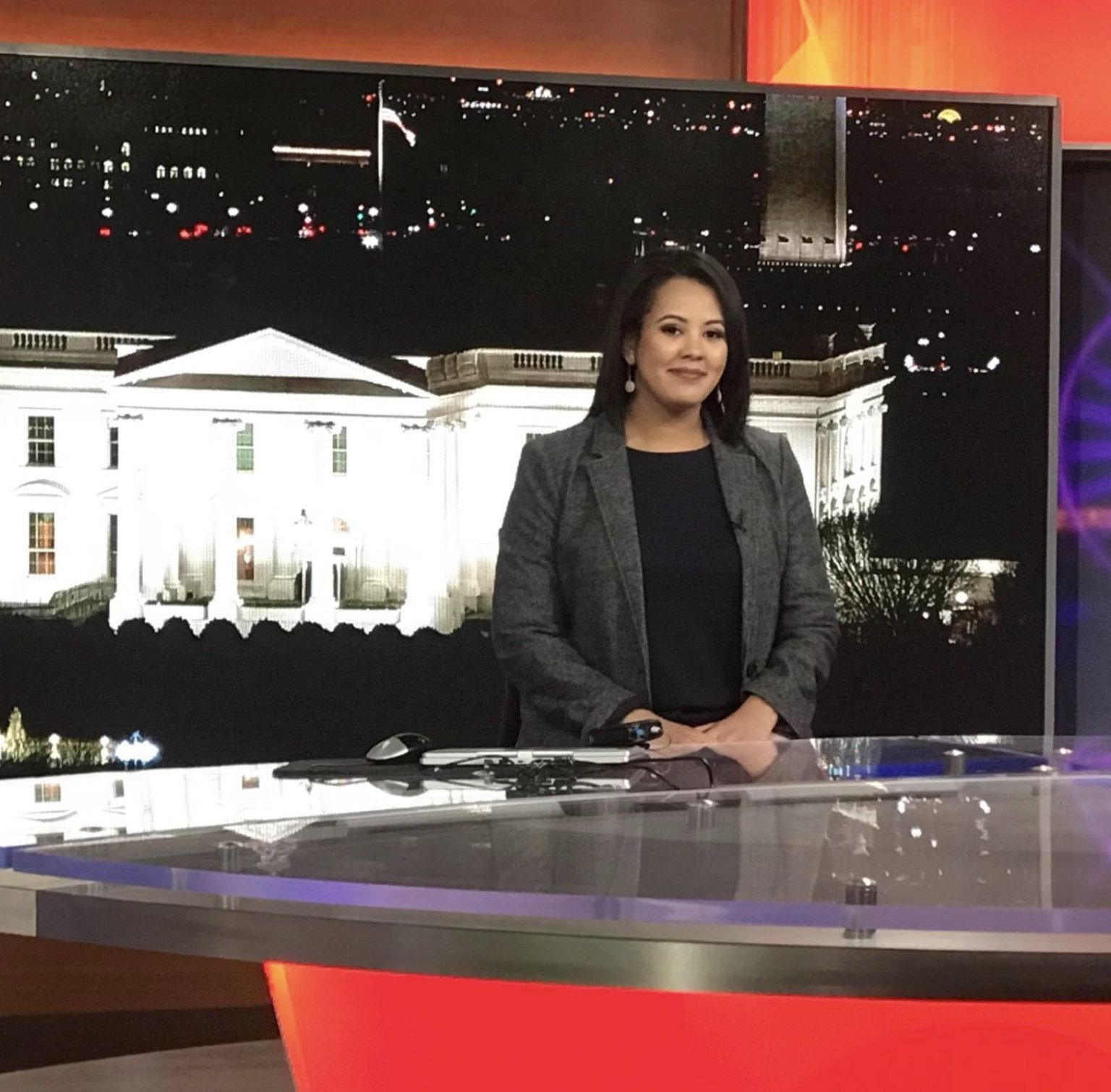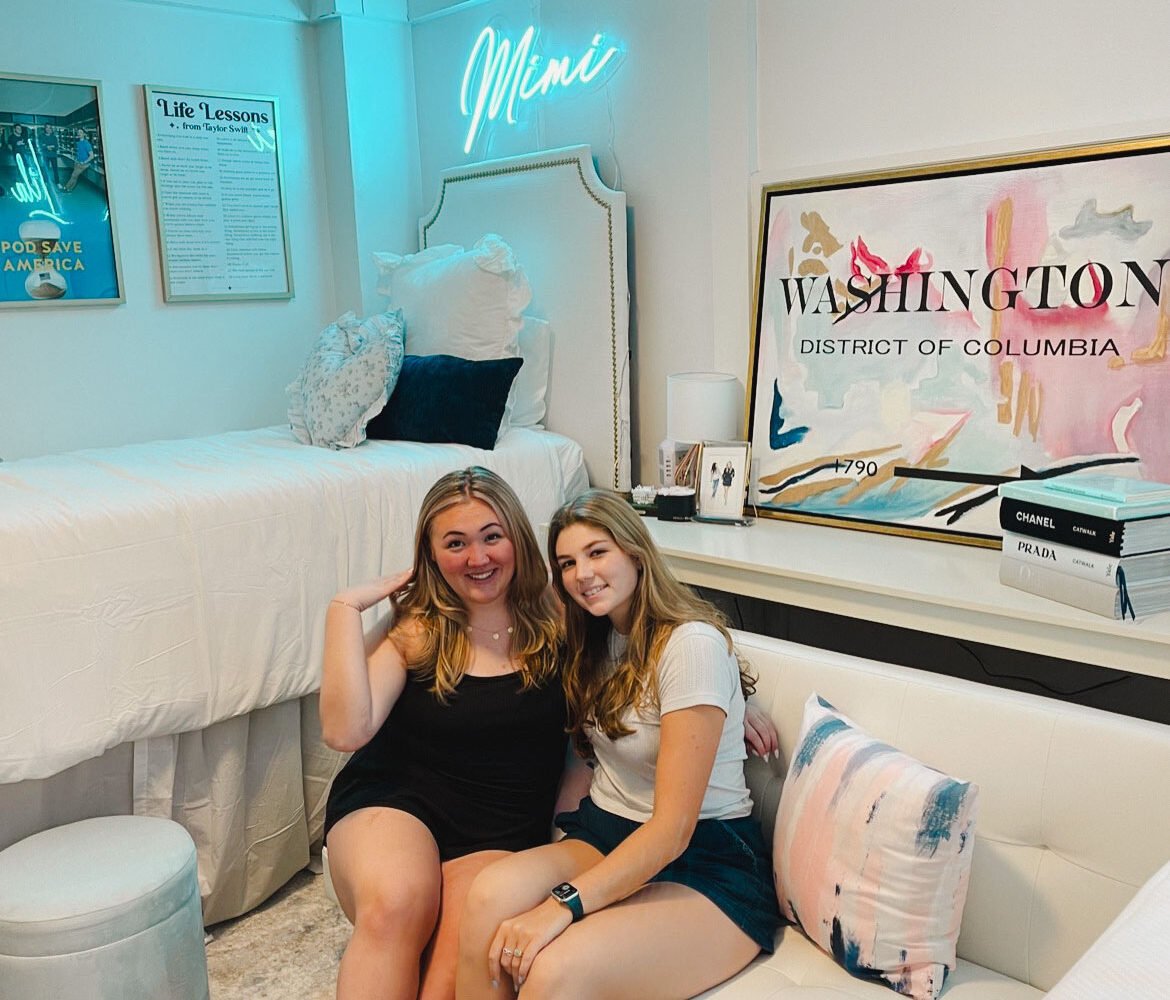Female journalists who felt lost in the Beltway conversation may finally have the validation they’ve been seeking: Nikki Usher’s latest study “Twitter Makes It Worse: Political Journalists, Gendered Echo Chambers, and the Amplification of Gender Bias,” found that male political journalists almost exclusively interact on Twitter with other men in the industry. When Vox published a story about the findings, the research, which the associate professor at George Washington University’s School of Media and Public Affairs conducted with Jesse Holcomb and Justin Littman, picked up major steam online.
https://twitter.com/aterkel/status/1010222924039671808
https://twitter.com/elisefoley/status/1010223360494788609
https://twitter.com/kelseymsutton/status/1010231023056154624
After reading @lkmcgann's piece on male journalists not retweeting women (https://t.co/zGS5KmBpGV), I decided to try to do something.
So I'm starting an all-women political journalist lists. Send me women to add! And if you're a dude (or gal) follow it.https://t.co/DGee9dN16a
— Ginger Gibson (@GingerGibson) June 22, 2018
Usher says she didn’t expect the data to be so jarring.“We thought, ‘This can’t possibly be right. How is this possible? There’s something wrong with our data’ and re-visited our coding,” Usher says.
Since the study published, Usher—one of my professors when I was at GWU—says she’s heard from reporters asking what they can do—one reporter who described having a “decent-sized Twitter platform” wondered if the research provided a tool he could use to “self-audit” and to “check for unconscious biases and figure out how to be better.” Short-term, Usher says, such folks can look out for and amplify female voices. The study is ongoing and she expects to have a fuller data set in three years, at which point she and her fellow researchers will offer more advice.
Here are five more questions for Usher about her study:
How did this study come to be?
I’ve been engaged on a research in journalistic divisions between the Beltway and the heartland, primarily from looking at how journalists talk amongst themselves. I’m less interested in audience. I wanted to explore the contours of the Beltway bubble. We compiled a database of journalists we were interested in, and from there, began pulling tweets. I’m not somebody who researches gender, but what ended up happening is when you’re playing with your data is that things just pop. And the gender popped.
We went back through and make sure we had coded things as well as we could and as accurate as possible. Once we verified that everything was coded correctly, we knew we had something. We started thinking of how our findings changed peer to peer engagement and amplification. And we started thinking how men have advantages. They have a huge advance in verification and how they’re legitimized on the platform versus women.
We weren’t looking for it, but it materialized.
Did the results skew toward legacy publications?
If you look at the top 25 lists of prominent journalists, you’re unlikely to find anyone who doesn’t work for a top, top news organization. You get a benefit by working at elite politico-insider newsrooms. Regardless of platform (print, television, radio) working for a major, well known outlet made a difference.
Did you expect such an impassioned reaction?
I was hoping for the reaction. We got really lucky because Laura McGann did a great write-up, and we got really lucky that she picked it up. Our study really required someone familiar with academic articles. This study has face validity–it makes sense based on people’s own individual experiences. It confirms what we already thought. And now, we have some real, hard data to back it up. Everyone knows that [men keeping women out of the conversation] is happening. Everyone, especially female journalists, have this intuitive sense that they rely on male peers to push out their stuff.
In this environment of #MeToo and inequity, this is hitting where it hurts. This inequity reverberates beyond just the Beltway bubble.
How was the response from the DC journalist community?
A couple of journalists reached out via Twitter DM; you could really feel the collective, palpable anger that women have. Female journalists in DC know that something like this is going on. The truth of the matter is, we’re talking about the order of statistical significance far beyond what you think. Typically, it’s usually less than or equal to .05. These are .001. Highly statistically significant results. It’s not just ‘Oh, Maggie Haberman wasn’t included in a conversation.’ It’s an entire set of journalists left out.
What was the biggest takeaway for you?
I think that one of the findings of the study is that women are doing a very good job replying to and supporting each other. Hopefully women will do a lot more to support each other in terms of retweets. It makes men aware that this is going on. I’ve gotten one or two emails from male journalists who want to know their score. I’m sorry that I only got two emails. There are a lot of guys who don’t even know that they’re doing this; implicit biases are turning explicit. And we’re still collecting data. Two or three years from now we’ll be able to say this has gotten better or this has gotten worse. Like it or not, Beltway Twitter sets the tone. We were able to get a good sense of who and what drives the news agenda. That’s where the news gets generated. That’s why this stuff matters.
This interview has been edited and condensed.



















